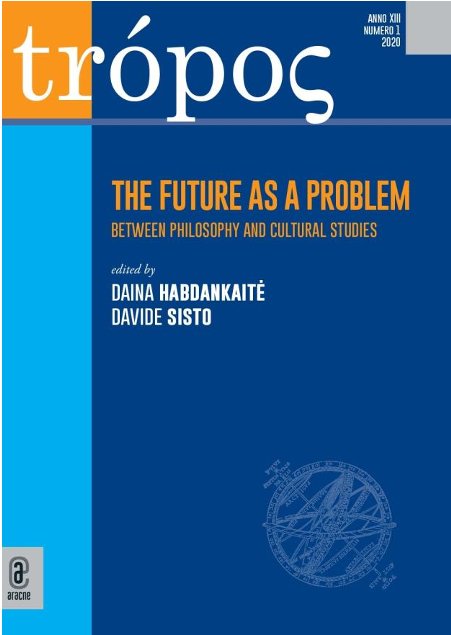Virtuality of Myth and Ontology of the Future
Harman, Viveiros De Castro
DOI:
https://doi.org/10.13135/2036-542X/8094Parole chiave:
Amerindian Perspectivism, Future, Imaginary of Otherness, Speculative realism, VirtualityAbstract
Speculative realism seems to be concerned with the future: Meillassoux’s and Brassier’s thought points its ontological direction to the world without humans either prior to the existence of life, or after the extinction of humanity — a kind of imaginary future that could be thought in terms of virtuality due to its observable effect on the present thought. Precisely this point is targeted by Deborah Danowski and Eduardo Viveiros de Castro (2017): their philosophy is actually an expression of the angst of future ecological catastrophe. Graham Harman (2020) reacts to this point by separating his position on the ontology of the future from Meillassoux and Brassier. He approaches the thematic of the future not by positing the world without–us, but by tracing the Only Exit from Modern Philosophy and actualizing the problematic of the thing–in–itself. The ontology of the future has to do away with the modern onto–taxonomy, based on the separation of thought and world, a theme which is originally reconceived, criticized and applied in Amerindian perspectivism as well, leading to resembling considerations on non–human sentience. This paper traces Harman’s reply to Danowski and Viveiros de Castro by juxtaposing his speculative position and the notion of virtuality of the Amerindian perspectivism.



